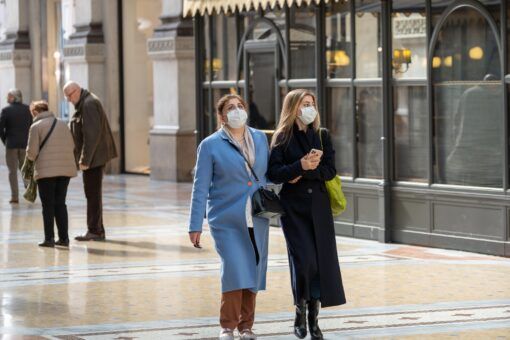Policy briefing15th October 2020

This policy briefing discusses the following questions:
- What values have informed the most recent decisions on COVID-19 restrictions?
- Is the government considering the use of “immunity certificates” in the next phase of the response?
- How will development of an effective COVID-19 vaccine affect uptake – and what should be done?
- What discussions are taking place on setting priorities for vaccine allocation within the UK?
- How will the UK ensure a sustained commitment to global solidarity?
- How is information about underlying inequalities which have been exposed by COVID-19 featuring in decision-making – and what action will be taken longer term?
- How will public trust and solidarity in the COVID-19 response be ensured?
- What support is to be given to those bearing the greatest burdens?
- How will new measures take account of principles of respect and fair and equal treatment?
- What next? It is clear that we will have to learn to live with COVID-19 for some time.